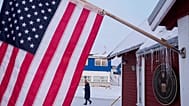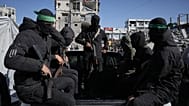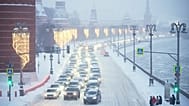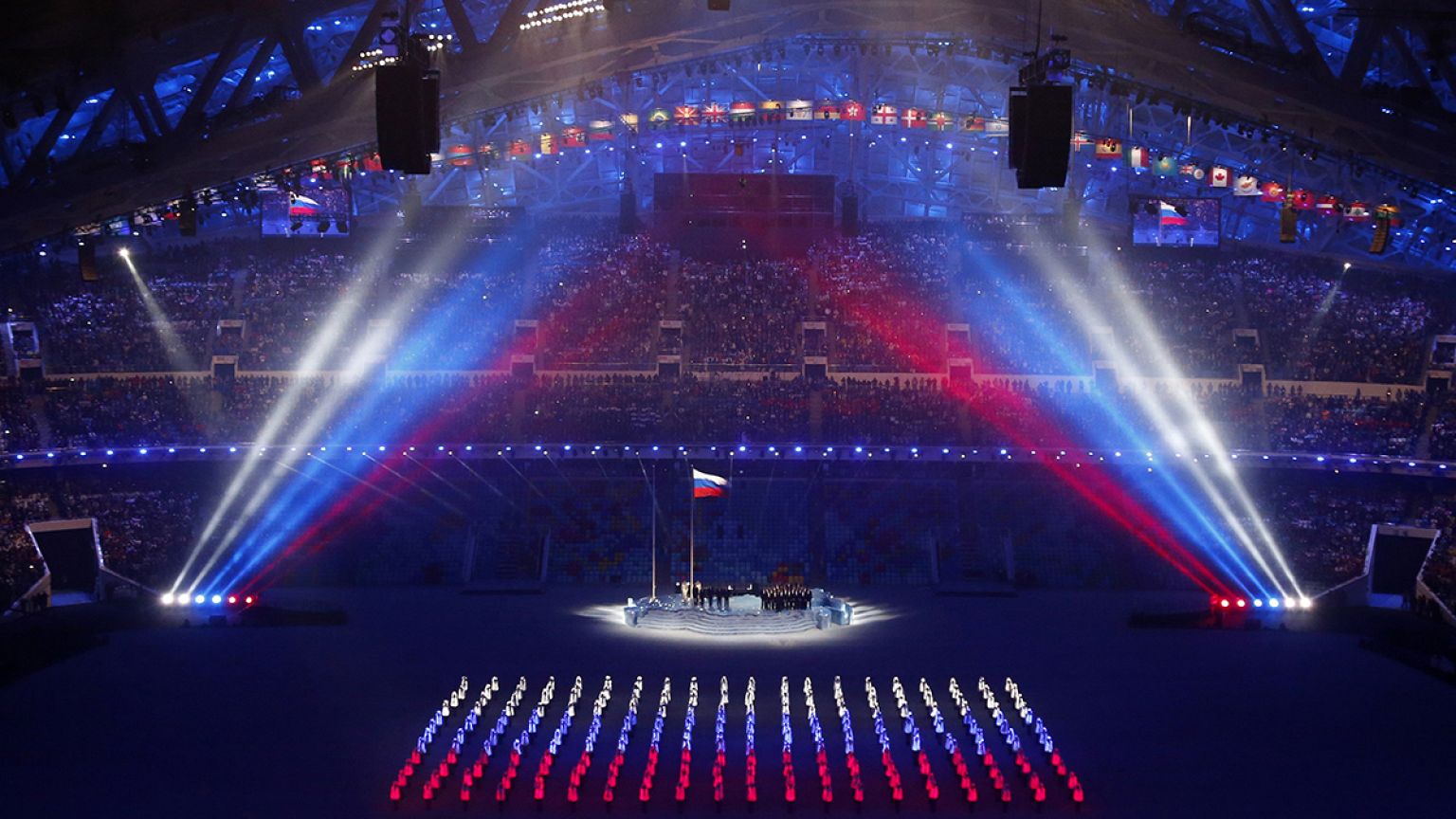The Winter Olympics in Sochi are now officially open.
Over the next 16 days, around 3,000 athletes will be competing for 98 medals.
It is the most expensive Olympic Games in history, with the total cost expected to be more than 37 billion euros.
Russian organisers say a record number of world leaders are attending – triple the amount that attended the 2010 Vancouver Games.
While the build-up to the event has been overshadowed by controversy over terror threats, gay rights and unfinished hotels, organisers hope the focus can now be on the sport.
As the Games were officially declared open at a glittering ceremony, we tested the temperature on the ground with our correspondent Denis Loctier.
Andrei Belkevich, euronews:
“We have all followed the preparations for these Olympics. Record amounts have been spent. But what about the results of these great efforts? Can you feel the festive atmosphere in Sochi? What can we see in these Olympics that we haven’t seen before?”
Denis Loctier, euronews correspondent:
“There is a festive atmosphere everywhere in this big, sprawling city. Sochi is stretched along the coastline of the Black Sea. It’s actually a few neighbourhoods clustered together and the sporting sites are rather compactly gathered in the Olympic Park and mountain cluster.
“This is one of the particular aspects of these Olympics, a compact area that is easier to control and to protect, and all the social events are here too.
“Another difference is the street patrols in the city, made not only by police but also by southern Russia’s traditional Cossacks who are helping to ensure the security of the games.”
euronews:
“Security is the topic that has been talked about constantly due to the recent terrorist attacks in the south of Russia. Can you feel any threat in Sochi? Does it look like a city at the centre of a ‘ring of steel’ and does that make life difficult for local residents, visitors and journalists?”
Denis Loctier, euronews correspondent:
“Frankly, I thought security measures would be more intense or obvious. In recent days we haven’t seen anything special as far as security is concerned.
“Still, patrols have been carried out, especially along the Olympic Torch relay route. Transport is also being checked, because public transport has frequently been targeted for terrorist attacks in Russia. But, otherwise, special security measures are not very visible.
“It is possible that what we see on the streets is just the tip of the iceberg. Russian authorities obviously understand that Olympic guests don’t want to feel like they have ended up in a counter-terrorist zone as that would spoil the pleasure of their visit.”
euronews:
“Well, finally….the weather. For the first time, the Winter Olympics are being held in the subtropics There were fears there would not be enough snow. What is the reality?”
Denis Loctier, euronews correspondent:
“Obviously, Sochi does not have what many people think of as a typical Russian winter. It is actually a seaside resort, more famous for bathing and getting a suntan on the shores of the Black Sea.
“Nevertheless, so far the Games are running smoothly without any particular glitches.
“In the mountains where the ski slopes are, where the competitions needing snow are being held, it is quite
cold and the quality of the pistes, according to athletes, is wonderful.
“Here, down near the sea, daytime temperatures are 10-12 degrees Celcius. There’s a lot of sun and sometimes it is even hot so we have covered arenas with a controlled climate for relevant competitions.
“So the sunny Sochi weather is not ruining these games but, on the contrary, it is helping to make them
more comfortable.”















